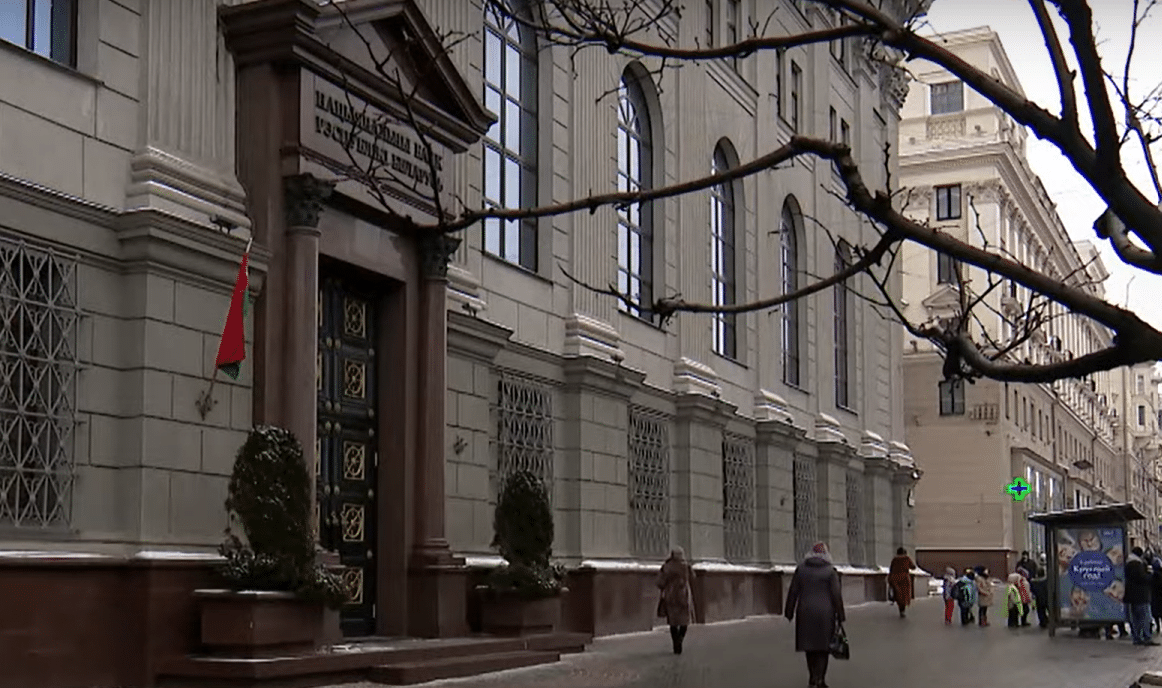Belarus CBDC ‘Will Let Nation Decentralize Cross-border Trade,’ 2026 Rollout Confirmed
Publikováno: 8.2.2024
Belarus’ Central Bank thinks its new CBDC will let Minsk “decentralize cross-border trade,” and has earmarked a national rollout for 2026. Per ONT, the National Bank of Belarus (NBB)’s Deputy Head of Research and Strategic Development Mikhail Demidenko, said: “The [goal] is primarily the decentralization of cross-border payments. The problem in the modern world is […]
The post Belarus CBDC ‘Will Let Nation Decentralize Cross-border Trade,’ 2026 Rollout Confirmed appeared first on Cryptonews.
Belarus’ Central Bank thinks its new CBDC will let Minsk “decentralize cross-border trade,” and has earmarked a national rollout for 2026.
Per ONT, the National Bank of Belarus (NBB)’s Deputy Head of Research and Strategic Development Mikhail Demidenko, said:
“The [goal] is primarily the decentralization of cross-border payments. The problem in the modern world is that all payments between countries go through the banking systems of issuers of major currencies like the dollar and euro.”
Belarus: CBDC Rollout Confirmed for 2026
The US and the EU placed most major Belarusian firms and banks under sanctions following the outbreak of war in Ukraine in February 2022.
But Minsk and Moscow now believe their fast-tracked CBDC projects will help them fight sanctions regimes and trade with greater freedom.
Demidenko added that the NBB has already created a “demo version” of the Belarusian CBDC. He also confirmed that the bank was now building a “platform” for the coin.
The NBB has previously begun recruiting blockchain developers to work on the coin and related services.
Demidenko added that “legal entities” – i.e. businesses – would be able to start using the coin in 2025.
The bank will issue a “fully fledged” nationwide rollout in 2026, the NBB research executive added.

Minsk Aiming for CBDC-powered Trade Boost
The bank official also said that the coin would help “eliminate risks.” These include sanctions-related worries, he explained.
And Demidenko spoke of the CBDC’s potential to “open new opportunities for cross-border cooperation.”
The NBB added that the CBDC would help drive down the cost of “cross-border payments.” And the NBB said that it would not charge commission on transactions.
The coin will be named the digital Belarusian ruble (DBR), and will make use of the Hyperledger Fabric blockchain protocol.
Demidenko claimed that the coin would let the state better “control where budget-allocated funds are spent.”

And he told the public that the bank “plans to add the ability to make CBDC purchases anonymously.”
Belarus investigates some 20 analysts over 'harming national security' https://t.co/4UPkq0Ei4lpic.twitter.com/jHNbX8gO9Q
— Reuters (@Reuters) January 26, 2024
The official said that the coin would be “totally decentralized.” He said citizens would be able to “exchange digital Belarusian rubles for cash, as well as non-cash rubles at any time.”
The bank first unveiled the scale of its CBDC plans in October 2023. The NBB stated from the outset that it wanted its coin to have “cross-border” functionality.
The post Belarus CBDC ‘Will Let Nation Decentralize Cross-border Trade,’ 2026 Rollout Confirmed appeared first on Cryptonews.